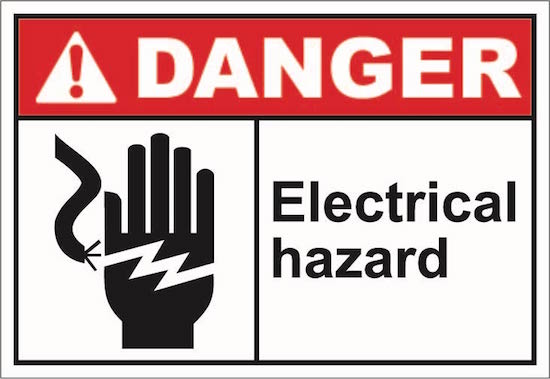
A deep and widespread lack of consumer faith in Australia’s electricity industry is creating a major barrier to the uptake of smart energy technology, a new study has revealed.
A survey commissioned by global smart meter maker Landis+Gyr, and conducted by Essential Research, found that more than two-thirds of consumers had either ‘no trust’, or ‘not much trust’ in power companies.

The finding, which included 32 per cent of respondents who “had no trust at all,” puts power companies behind the media, banking, mining and telco, in terms of public standing.
This lack of trust, compounded by a lack of knowledge, comes at a time for the industry where the collection of consumer data through smart meters will be crucial to the efficient management of the grid.
In particular, smart energy technology will be vital to harnessing the growing number of rooftop solar and battery storage systems being installed around the country, and to ensuring that they benefit all consumers, and not just those who can afford those technologies.
Smart meters should be a win for consumers, too, helping them to better control how and when they use energy, and to monitor their appliances for efficiency.
But the survey, the results of which were published in a report on Monday, found that customers are cynical about the share of benefits they might get from things like smart meters, compared to the companies that have control of them.
“There are high levels of cynicism among consumers about the behaviour of corporations and the benefits to consumers that flow from technological change,” the report said.
“Trust in corporations, particularly around their handling of consumer data is low. Consumers naturally wonder whether new technologies are put in place to benefit consumers or merely to assist in cost cutting, marketing and greater oversight of our behaviour.”
According to veteran energy industry executive George Maltabarow (Energy Australia, Ausgrid), this cynicism has been compound by the clumsy state-wide rollout of smart meters in Victoria.
“The Victorians had the very worst of every possible world,” said Maltabarow in an interview with RE.
“They devised a system that had all the wrong incentives. …Retailers weren’t equipped to make the most of it, ….(and the networks) continued to over-build infrastructure.
“Even then, the Victorian government in their wisdom made sure the cost was put on people’s bills. And when the consumer asked, ‘what am I getting for this? The answer was: a donut. Nothing.”
Maltaborow, who is an ambassador for the Landis+Gyr research project, said that since the Victorian smart meter debacle, he has seen consumer cynicism grow alongside rising electricity prices.
“There’s this suspicion that smart meters are a plot by energy companies,” he said.
“You’ve got to get products out there that win the trust of customers.”
The good news from the survey, however, is that consumers are keen to take part in the smart energy revolution, as long as they get more information and control in return.
Almost 70 per cent of respondents said they wanted energy companies to supply them with more information to better understand and control household energy use.
And most consumers (88 per cent) said they would like to be sent alerts by their energy company when usage data suggested they had a faulty home appliance.
A similar number (85 per cent) said they wanted energy providers to recommend ways of reducing costs based on their personal energy use patterns.
This extends to energy consumption data for specific appliances, with 85 per cent wanting to know how much energy their air conditioners, pool pumps or dishwashers were using.
The report also found while technology had made significant advances, there was a growing gap between what consumers could do to reduce their bills and energy footprint, and what they were actually doing.
“Bridging that gap emerges as a critical challenge to the ability of the national energy market to manage prices, supply and sustainability,” the report said.
“If we get it wrong, smart meters will represent a missed opportunity for the energy sector. If we get it right, we will be assisting consumers to become more active energy citizens.”
For Monique Spanbrook, who is general manager of marketing and communications for Landis+Gyr Australia, New Zealand and Asia-Pacific, the biggest take-away from the survey was that more education on what smart meters can do for customers would not only encourage uptake, but reduce cynicism.
“If you’re going to put it in their home, but not offer any incentives or upsides, then of course they won’t feel inclined to engage.
“But if you inform the customer that you could, one day, know how much each of your appliances are using, and make decisions around that, then you will get a different response,” Spanbrook told RE.
“That’s really the information we’re keen to get out there,” she said.
“We need to ensure consumers are aware of the benefits that smart technologies offer, including how they allow for more control over energy use and the impact on energy bills,” added Maltabarow on Monday.
“This level of control benefits the electricity grid and reduces the need for further investments in costly network infrastructure upgrades to manage peak loads.
“Ultimately, this will lower the cost of electricity bills for homeowners, creating a win-win situation for everyone.”

Sophie is editor of One Step Off The Grid and deputy editor of its sister site, Renew Economy. Sophie has been writing about clean energy for more than a decade.


